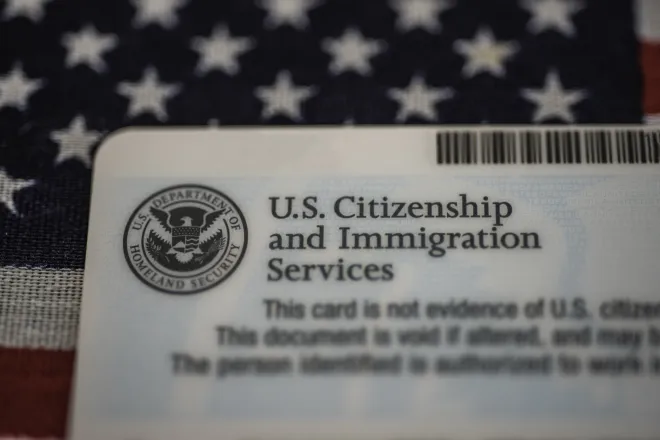
Broadband infrastructure plan expected to bring jobs to Colorado
(Colorado News Connection) Advocates for closing America's digital divide are urging Congress to pass legislation which would invest $65 billion to build out high-speed internet access in Colorado and across the nation.
Brenda Roberts, District 7 vice president for the Communications Workers of America (CWA), said the pandemic made clear broadband is as essential as water and electricity, but she argued Congress needs to make sure the job of connecting all Americans is done right, by tapping experienced, trained union workers.
"It's a good job," Roberts stated. "A union job normally comes with good wages, benefits and working conditions. So not only do we have the broadband that's going in, we also have good union jobs created in Colorado for thousands of workers."
A blueprint for President Joe Biden's infrastructure proposal cleared the U.S. Senate with bipartisan support, prioritizing broadband alongside public-works projects such as roads and bridges.
Broadband providers have historically shown little interest in connecting less profitable communities, including people of color, rural and low-income areas. It's estimated more than a third of U.S. households do not have home internet that meets the Federal Communications Commission's (FCC) minimum definition of broadband.
A "Broadband Brigade" led by the CWA is pushing Congress to prohibit companies that receive federal funding for broadband buildout from displacing union workers for cheaper subcontracted labor.
Roberts asserted if Colorado builds broadband the right way, communities across the state should see long-term economic benefits.
"It's also putting more into the communities than into corporate coffers, and it makes sure that the consumers and the workers come first," Roberts contended.
The legislation aims to make broadband more affordable by forcing companies receiving federal subsidies to create low-cost service plans, and would help low-income families purchase laptops and tablets.
The measure also calls for the FCC to adopt rules to prevent "digital redlining," by providing equal access to education, health care, work and business opportunities that require broadband access.
















